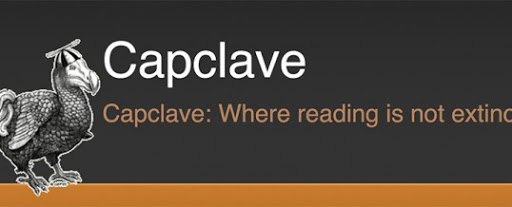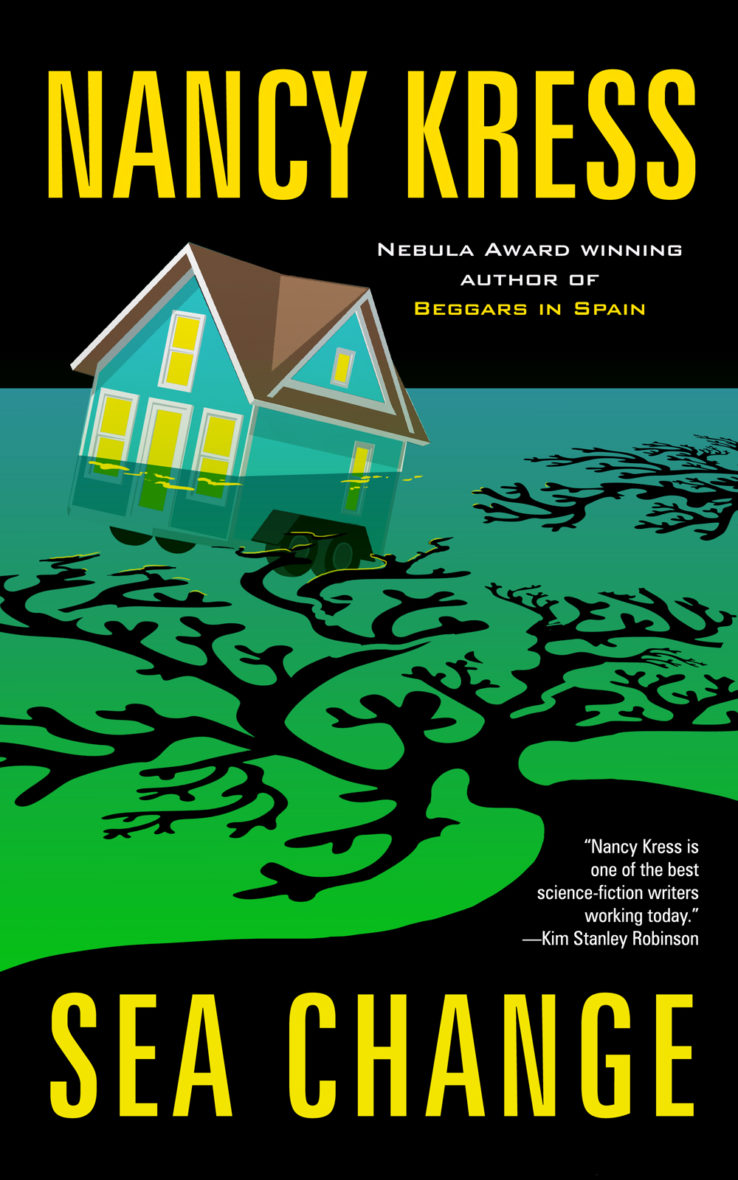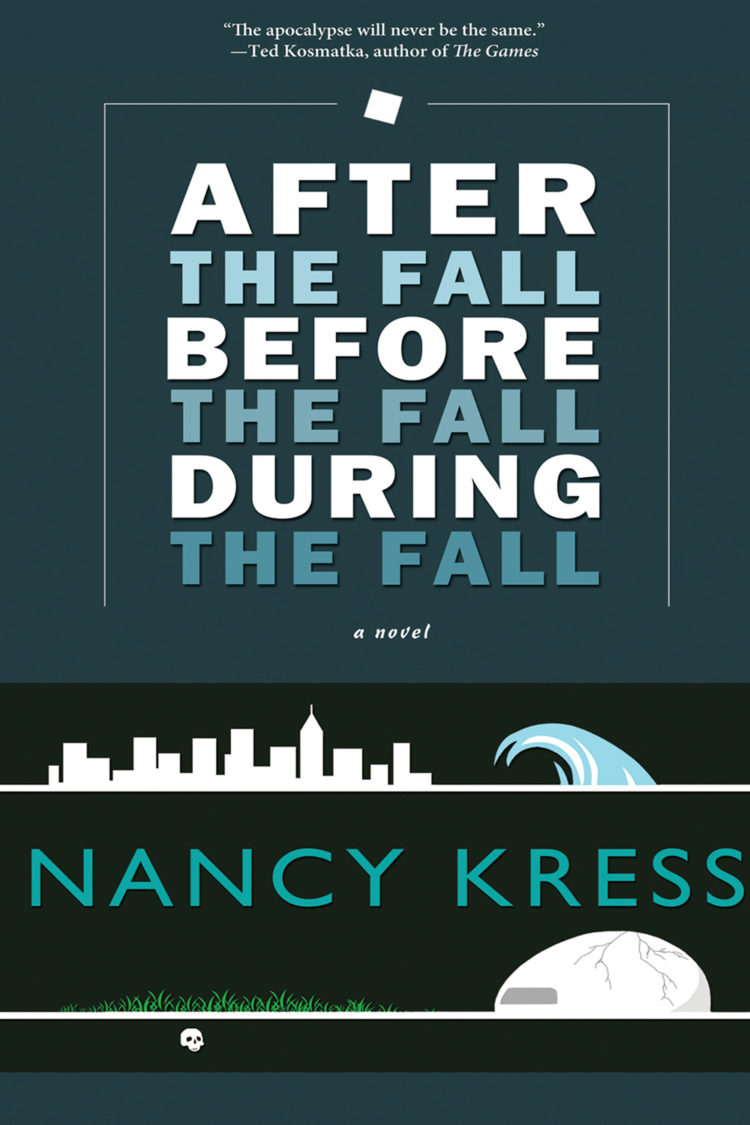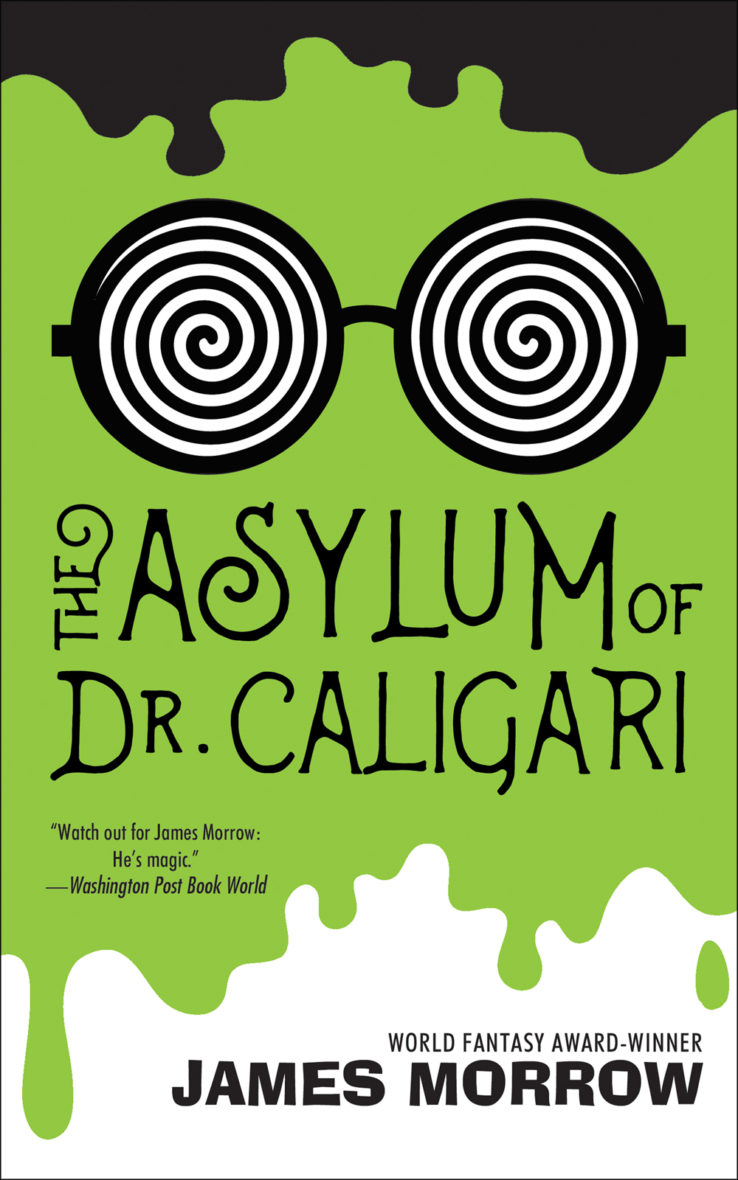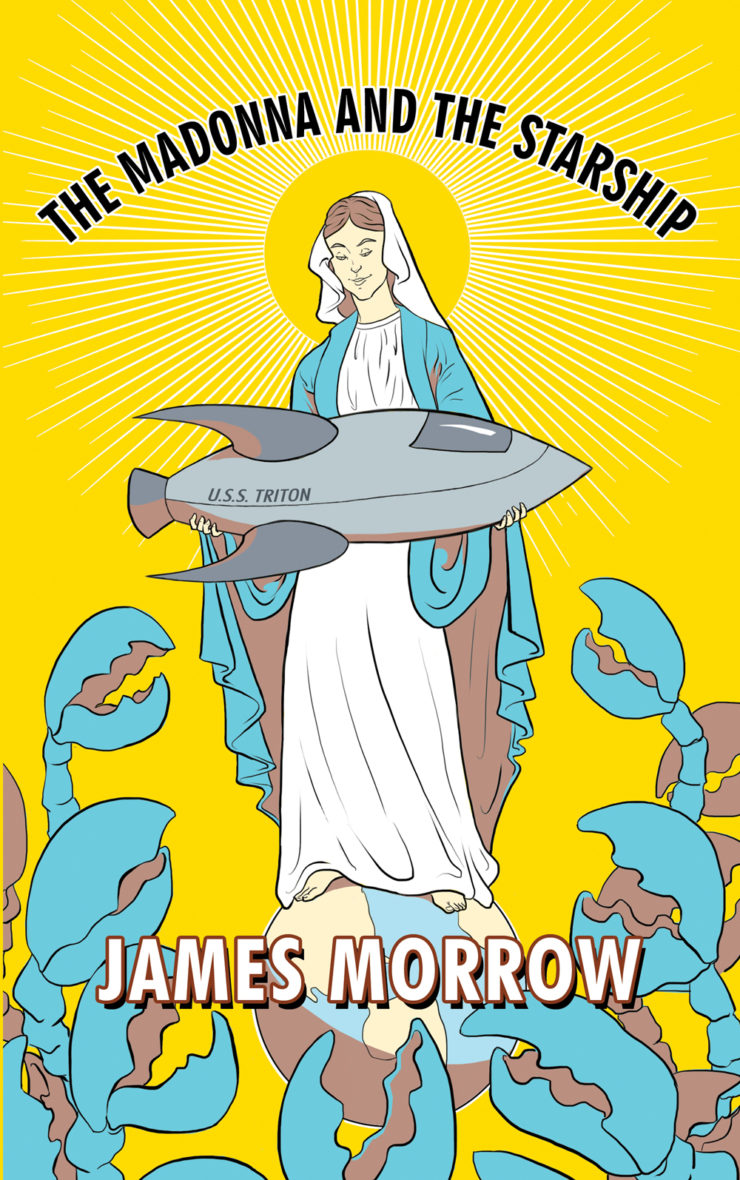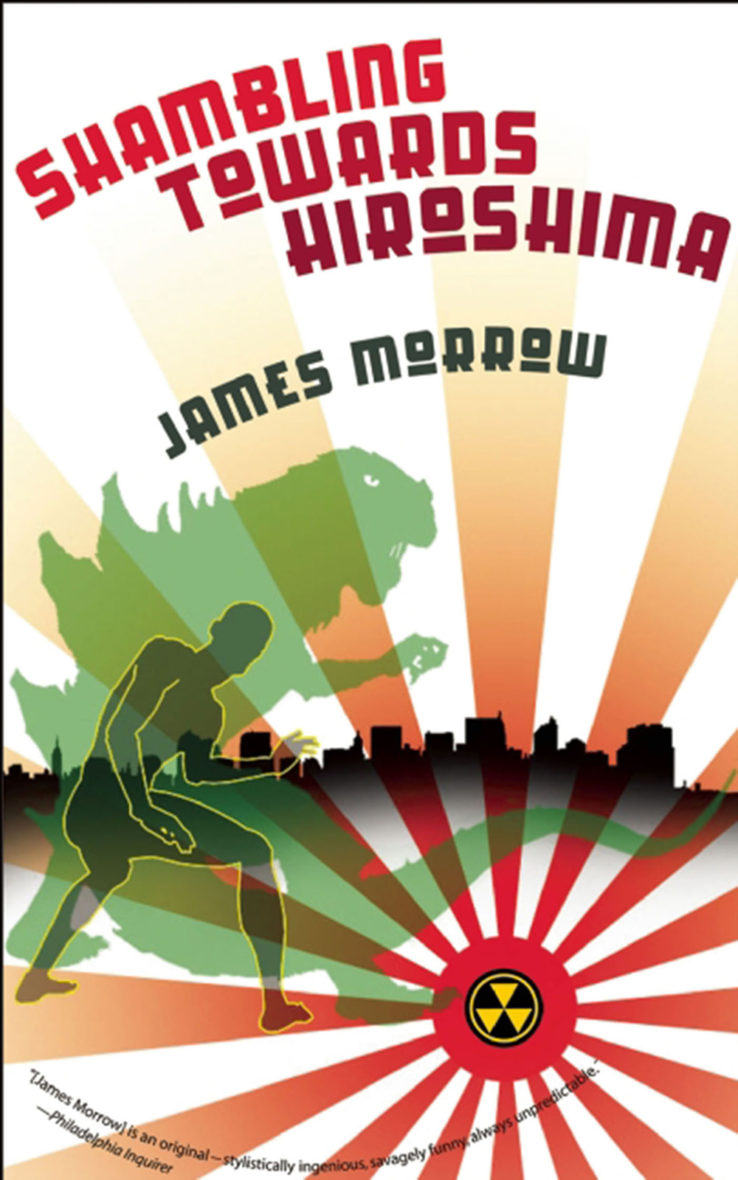KITTY’S MIX-TAPE by Carrie Vaughn preview: “The Beaux Wilde”
In celebration of the release of Carrie Vaughn’s final Kitty Norville book KITTY’S MIX-TAPE, Tachyon presents glimpses from the book that is “a delicious final taste of Kitty’s complicated life.” (Publishers Weekly)
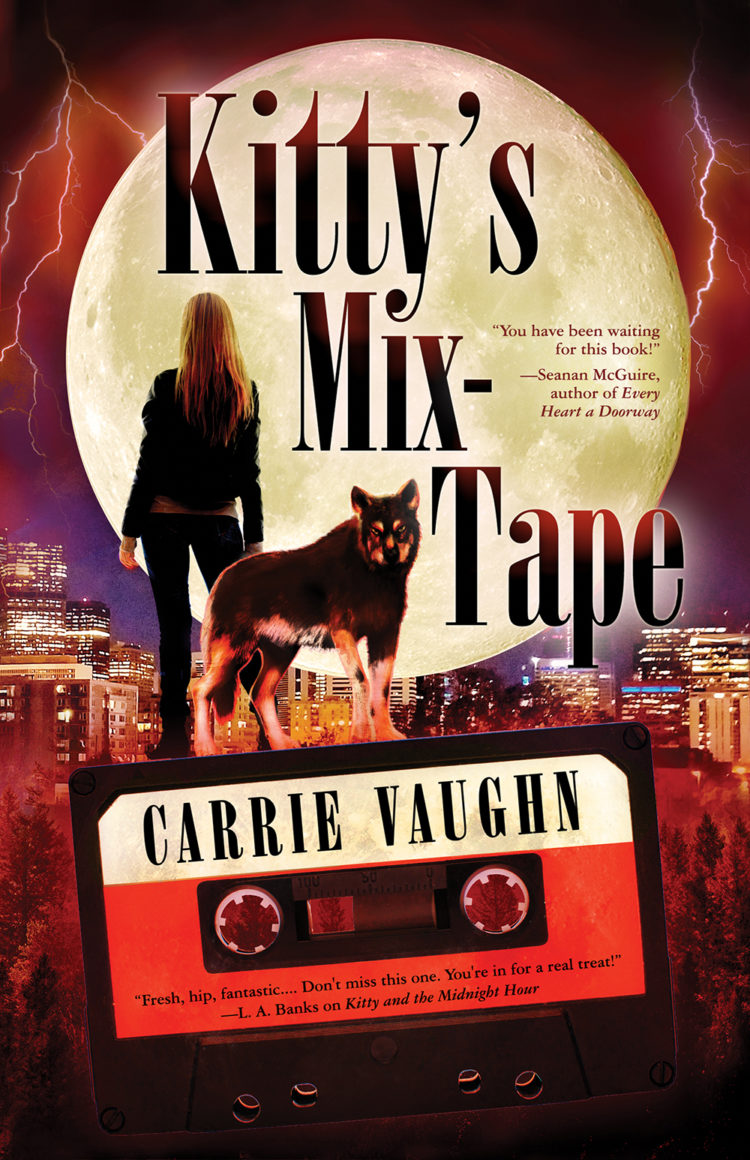
The Beaux Wilde
by
Carrie Vaughn
Much speculation went on among her parents and their friends about what could make a girl like Elizabeth so quiet and withdrawn. Mrs. Weston had decided that her dear girl by some accident of birth was simply too sensitive to withstand the rigors of society and the world. Likewise, Mr. Weston declared that the fineness of her disposition made her superior, but also vulnerable. Those outside the immediate family were sure that the girl had obviously been too coddled, too sheltered, and so would always be weak and sniveling. A gentleman who aspired to marrying her fortune would first have to persuade Miss Weston that she was strong enough to accept a firm proposal. But the more forceful a suitor appeared, the more timid Miss Weston became. Another paradox.
These speculations never happened within earshot of Elizabeth. She knew of them, just the same.
In truth, Mrs. Weston nearly had the right of it: Elizabeth felt everything. The thousand petty dramas of the typical gathering were as shouting in her ear. She felt the prides and hurts of others as pains in her own heart. She knew what she shouldn’t: which young gentlemen carried on affairs with their mother’s maids, which young ladies were so desperate to escape indifferent families they were prepared to throw themselves into unsuitable marriages. Men who worried over debts, coachmen nursing lame horses—she knew. She could not say how, but she did. She knew that one of the brusque suitors she’d refused, Mr. Rackham, would be cruel if he succeeded in winning her; another, Mr. Carroll, would simply ignore her. From the ladies, she felt the gossip about how Elizabeth was proud and odd and would die an old maid if she were not careful. The old men wondered what was wrong with her, that she should turn up her nose at their sons.
She felt herself to be like the ancient Greek oracles, caught up in the torture of ecstatic revelation. Empathy was the word she found—profound, damaging empathy. And she could not tell a soul.
At last, finally, the music ended, and Elizabeth curtseyed with a sigh of relief. Mr. Forester insisted on seeing her to a chair, when all she wanted was to flee.
“Miss Weston, you seem quite flush, do let me bring you a sherry,” he said, but he was not concerned with her well-being, only with flattering her so that she might fall in love with him.
“No, I thank you, I only need to sit—”
“Elizabeth! How long since you arrived? I did not see you! Here, come with me, I’ve been longing to speak with you—oh, pardon me, Mr. Forester, but I must steal Miss Weston away from you, I’m sure you understand.” Without further explanation, Amy Brannock swept between them, hooked her arm around Elizabeth’s, and pulled her into the next room, leaving Forester staring.
“Thank you,” Elizabeth breathed.
“Richard Forester is such a bore, I’m sure you have had quite enough of him. I knew my mother was going to waylay you. I had wanted to be there, I was watching for you, but then she sent me off to see that Emma knew to fill the punch bowl—Mother can’t leave well enough alone.”
Amy looked very well, as she always did, with roses in her cheeks, wearing a pink muslin gown that complemented her light hair and creamy features. Elizabeth wore a gown of blue with lace—it suited her because Amy had helped choose it, and her friend beamed at the compliment Elizabeth paid by wearing it.
In the drawing room they settled on a pair of chairs. Elizabeth could listen contentedly for hours while Amy gossiped. She might not move for the rest of the afternoon.
And then three strange gentlemen entered the drawing room.






